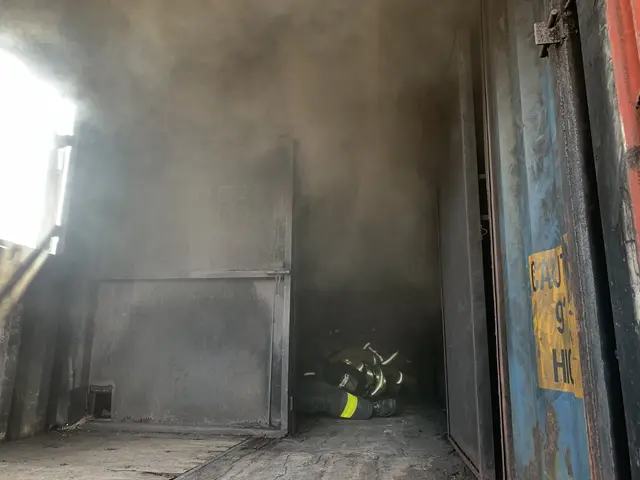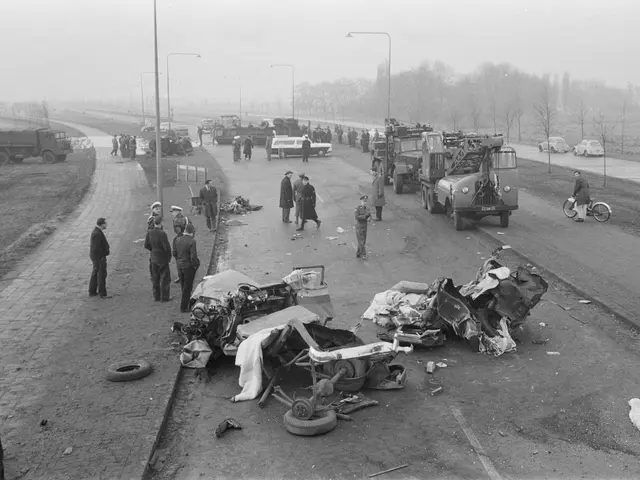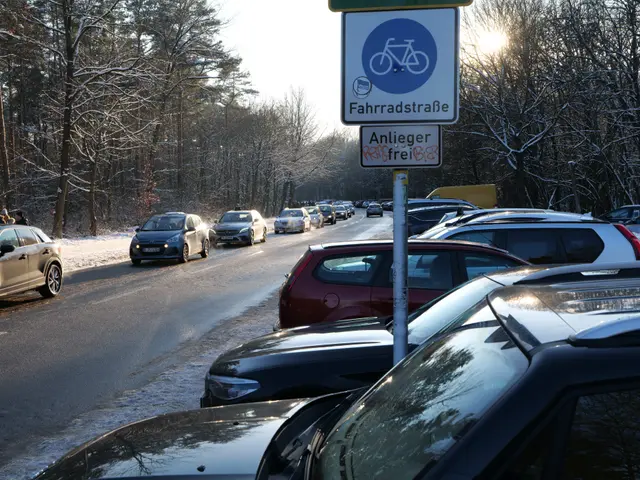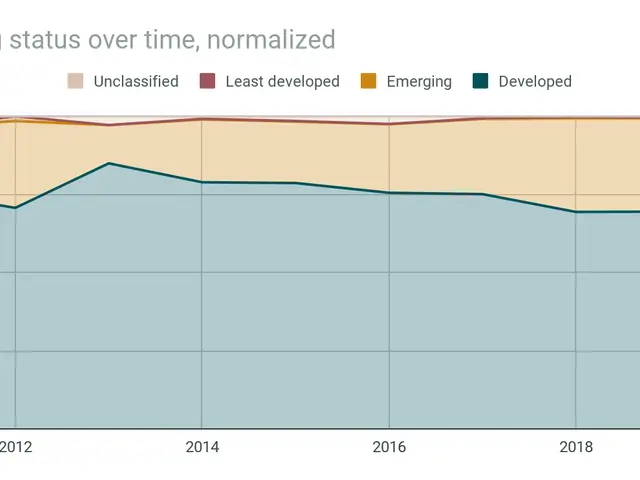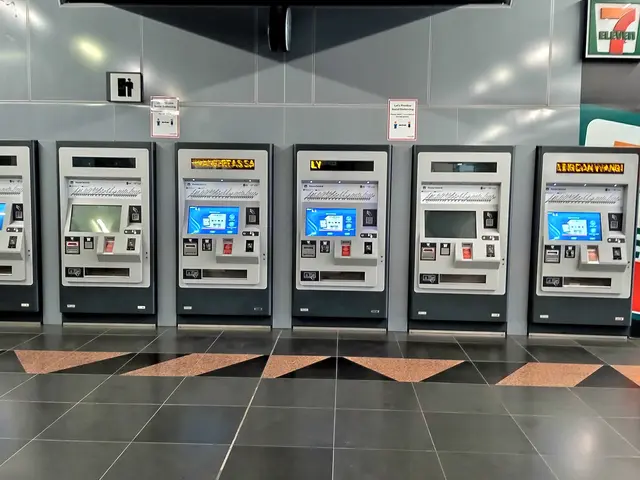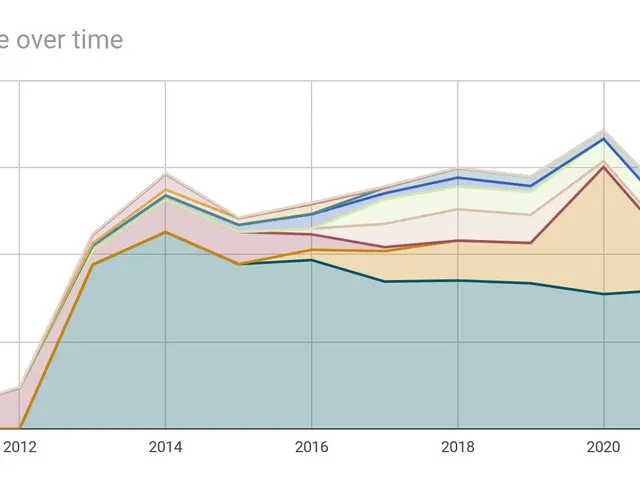Controversies Arising from Trump's Deployment of Military Forces to Dismiss Demonstrations
In an unprecedented move, the Trump administration deployed National Guard troops and active-duty Marines to Los Angeles in response to the uproar caused by the administration's aggressive immigration policies. The President, known for his audacious talk of using military force domestically, had long considered such action, only to be dissuaded by his advisors during his first term.
The move has sparked a lawsuit by California Governor Gavin Newsom, who deems it an unlawful and provocative measure. The White House, in turn, Justifies the deployment citing violent protests against Immigration and Customs Enforcement (ICE) raids in Los Angeles.
Trump's order authorized Defense Secretary Pete Hegseth to utilize National Guard troops to protect ICE agents, buildings, and functions from protesters' interference. At least 2,000 National Guard troops were expected to be deployed for a minimum of 60 days, with the option for Hegseth to call upon regular federal troops if needed.
The rules of engagement for these troops remain unclear. While initially, they seem to have limited authority, as they can only protect ICE agents and federal properties against protests, the lack of set standards for using force in the event of perceived threats remains a concern. Hegseth's history of advocating for loose rules of engagement and his recent rhetoric against ICE protests in Los Angeles suggest potential restraint issues.
The National Guard consists largely of part-time troops with civilian jobs, but under certain circumstances, the president can take control of them. The deployment of active-duty troops into American cities, however, represents a significant escalation. Both federalized National Guard forces and active-duty troops fall under the control of the defense secretary and the president once federalized.
Legally, the deployment is not unprecedented, given that an 1807 law (Insurrection Act) allows the president to use federal troops in situations where enforcing federal law becomes impractical due to rebellion or obstruction against the government. However, invoking the Insurrection Act was not explicitly stated in Trump's order.
Relevant Insights:
- The Insurrection Act was last utilized during President George H.W. Bush's term, to quell riots in Los Angeles, following the acquittal of police officers for the brutal beating of a Black motorist, Rodney King.
- Deploying federal troops on U.S. soil for policing purposes is an exceptional move, and using them over a state governor's objection is exceedingly rare. The last such instance was during the Civil Rights Movement, when Southern governors defied court orders to desegregate public schools.
- The lawsuit filed by California Governor Gavin Newsom alleges the deployment of National Guard troops and active-duty Marines in Los Angeles as an unlawful and provocative measure, questioning the legality of the move.
- The deployment of National Guard troops and active-duty troops into American cities, such as Los Angeles, is a noteworthy escalation in the ongoing politics of immigration and general news related to law enforcement.
- Seattle's public schools and businesses are closely watching the situation in Los Angeles, as they grapple with their own political climate and concerns about crime and justice.
- The Trump administration's use of military force domestically, as demonstrated by the deployment of the National Guard in Los Angeles, raises questions about the administration's stance on war-and-conflicts and the potential impact on social issues, such as jobs and crime-and-justice.
- As the governor of California disagrees with the Trump administration's actions, the political landscape becomes increasingly polarized, with potential ramifications for various aspects of American society, including public schools, businesses, and the general welfare of the citizens.

